Enabling infrastructure in Africa for the Next Production Revolution
Enabling infrastructure in Africa for the Next Production Revolution
A short introduction to smart and integrated infrastructures as an asset for prosperity in Africa: energy, digital and mobility infrastructures - the lifeblood, nerve and skeleton of modern societies.
Course description
The course is part of a series of Sprint MOOC addressing the Next production Revolution (NPR) paradigma, as new wave of technological innovation. It addresses people from anywhere in the world, from industrialized economies as well as from “developing countries” and particularly from Africa.
This specific course describes enabling infrastructures for the Next Production Revolution. New infrastructure development cannot retrace old paradigms that are inappropriate from a variety of perspectives including environmental, social and economic sustainability.
In this course, you will learn to recognize how smart and integrated infrastructure can support the introduction of the Next Production Revolution while ensuring a sustainable path. The focus will be on digital and green infrastructures that have been recognized as the most effective to achieve sustainable development goals.
The course addresses emerging digital infrastructure including communication networks and technical requirements for NPR applications. Furthermore, it focuses on green infrastructures including the field of energy with distributed renewable energy power sources and the transport sector with greener solutions in both transportation of people and goods.
After taking this Sprint MOOC you’ll be able to understand how smart and integrated infrastructure can boost the Next Production Revolution by creating a network of things, services, data and people.
Total workload of the course: 8 h
This MOOC is provided by Politecnico di Milano in collaboration with Politecnico di Torino

This series of Sprint MOOC is one of the main results of the Emerging african innovation leaders Program (G7 exchange & empowerment program for enabling innovation within the next production revolution).
Project partners:


Funded by:

Intended Learning Outcomes
By actively participating in this MOOC, you will achieve different intended learning outcomes (ILOs).
- Recognize and explain how smart and integrated infrastructure facilitates the Next Production Revolution (NPR), ensuring a sustainable path towards achieving the Sustainable Development Goals (SDGs). ( ESCO - innovation processes ) ( ESCO - sustainable development goals ) ( ESCO - emergent technologies )
- Identify and describe the role and technical requirements of emerging digital infrastructures, including advanced communication networks essential for NPR applications. ( ESCO - information and communication technologies (ICTs) )
- Understand and discuss the significance of green infrastructures, particularly distributed renewable energy sources and sustainable transportation solutions, for effectively addressing contemporary environmental and economic challenges. ( ESCO - renewable energy ) ( ESCO - transportation engineering )
Prerequisites
No formal knowledge is required.
Activities
The forum of this MOOC is freely accessible and participation is not guided; you can use it to compare yourself with other participants, or to discuss course contents with them.
A Bibliography section is available, where you can find a list of resources that can help you in deepening the topics of the course.
Section outline
-
-
-
Week 1 is related to smart and integrated infrastructure in Africa for the Next Production Revolution describes the importance to introduce new approaches in infrastructure design to meet NPR requirement and foster sustainable development.
-
Week 2 is related to digitalisation - the new era of infrastructure where the main digital technological breakthrough for NPR will be discussed.
-
Week 3 is related to decarbonisation - the nexus energy-climate-development where the main energy infrastructures required for NPR will be discussed.
-
Week 4 is related to mobility - the goal of connecting people and goods where innovations in the transport of people and goods will be highlighted.
-
-
Bibliography Page
-
Assessment
Your final grade for the course will be based on the results of your answers to the assessed quizzes. You have an unlimited number of attempts at each quiz, but you must wait 15 minutes before you can try again. You will have successfully completed the course if you score a total of 60% (or higher) in each of the assessed quizzes.
The maximum score possible for each quiz is given at the beginning of the quiz. You can view your score in the quiz on your last attempt or on the 'Grades' page.
Certificate
You can achieve a certificate in the form of an Open Badge for this course if you reach at least 60% of the total score in each one of the assessed quizzes and fill in the final survey.
Once you have completed the required tasks, you will be able to access Get the Open Badge and start issuing the badge. Instructions on how to access the badge will be sent to your e-mail address.
The Badge does not confer any academic credit, grade or degree.
Information about fees and access to materials
You can access the course completely online and absolutely free of charge.
Course faculty
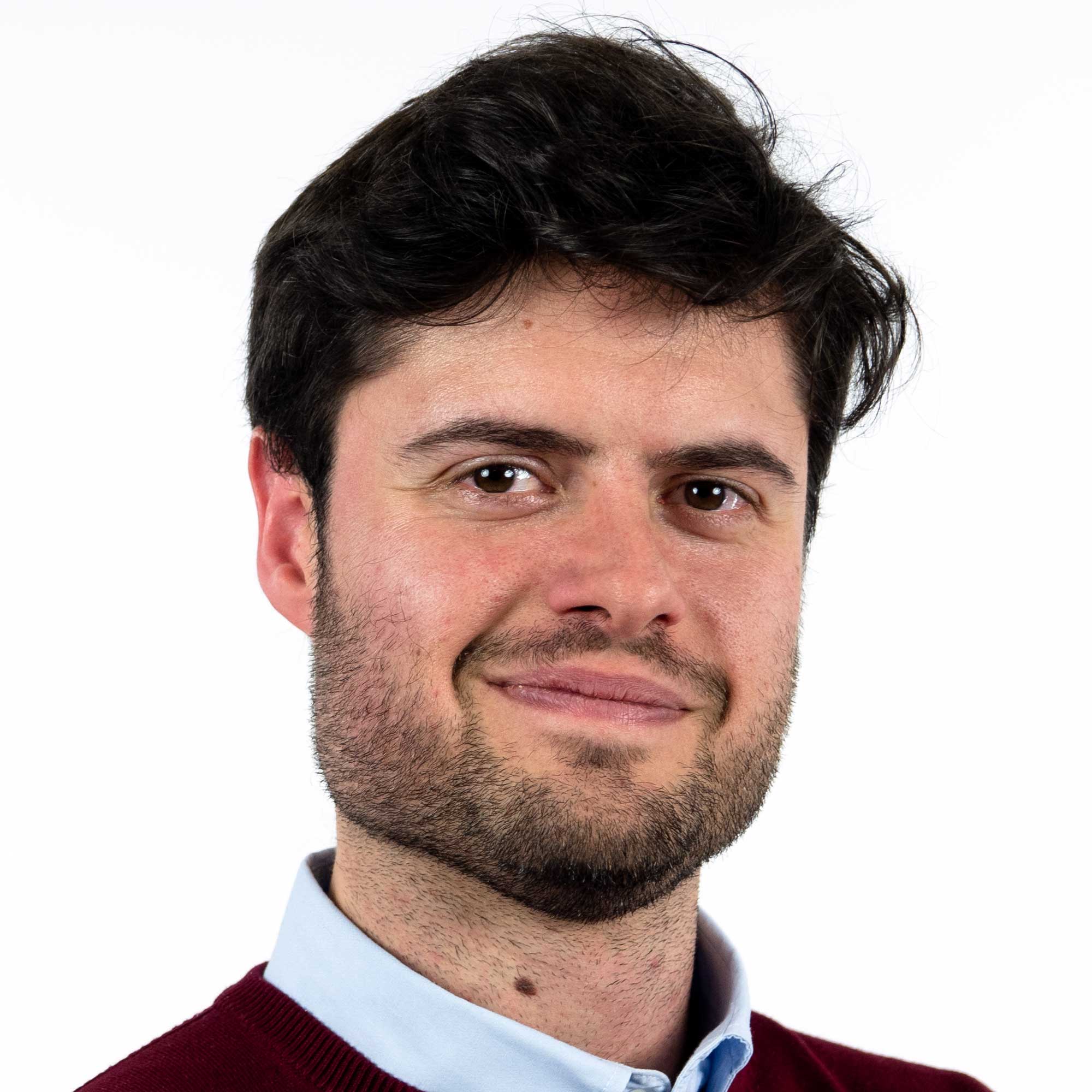
Stefano Arrigoni, Politecnico di Milano
Teacher
Stefano Arrigoni is a postdoctoral researcher In the department of mechanical engineering at Politecnico di Milano. He received the M.S. degree in mechanical engineering and the Ph.D. degree in applied mechanics both from Politecnico di Milano, Italy, in 2013 and 2017, respectively. His research interests lie in the area of autonomous vehicles with a focus on trajectory planning, ADAS design and V2V communication.
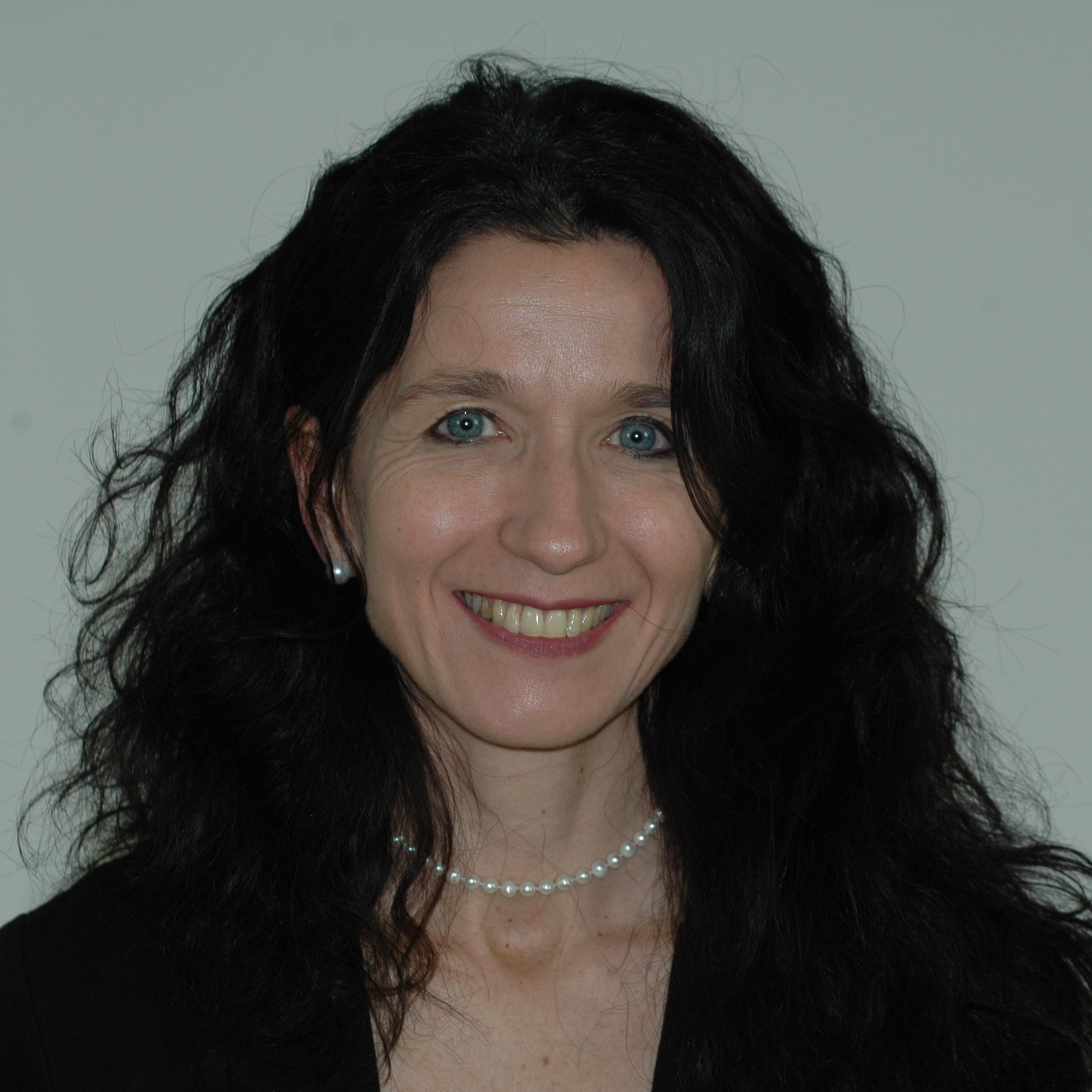
Emanuela Colombo, Politecnico di Milano
Teacher
Emanuela Colombo is Full Professor in Engineering for Cooperation and Development and Advanced Thermodynamics and Thermoeconomics at the Department of Energy of Politecnico di Milano, where since 2005 she has also been serving as the Rector’s Delegate to the themes of Cooperation and Development. In 2012 she was named Chair holder of the UNESCO CHAIR in Energy for Sustainable Development and she is the current representative of the Italian academic system within the “National Council for Cooperation and Development”, appointed by the Conference of Italian University Rectors (CRUI).
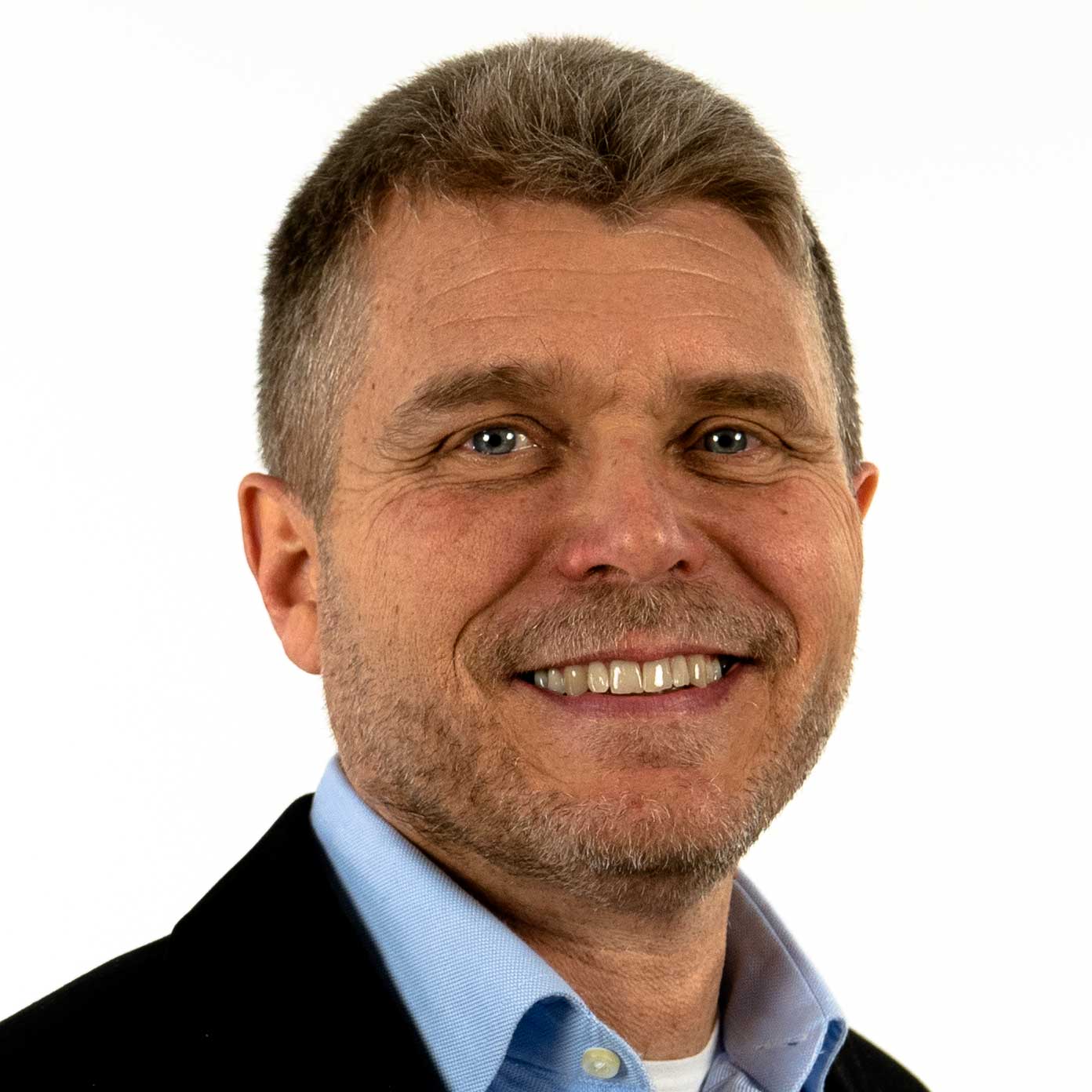
Roberto Gaudino, Politecnico di Torino
Teacher
Roberto Gaudino is Full Professor at Politecnico di Torino, Italy and Coordinator PhotoNext, the reference Center on Photonics@POLITO. His researches are in optical fiber networks, focusing on the current fiber-to-the-home (FTTH) revolution in fixed access (OPTCOM). He is author of more than 250 papers and 6 patents. From 2009 to 2016 he was the coordinator of three EU projects in optical access (EU FP6-IST “POF-ALL” and "POF-PLUS" and EU FP7-ICT “FABULOUS”).
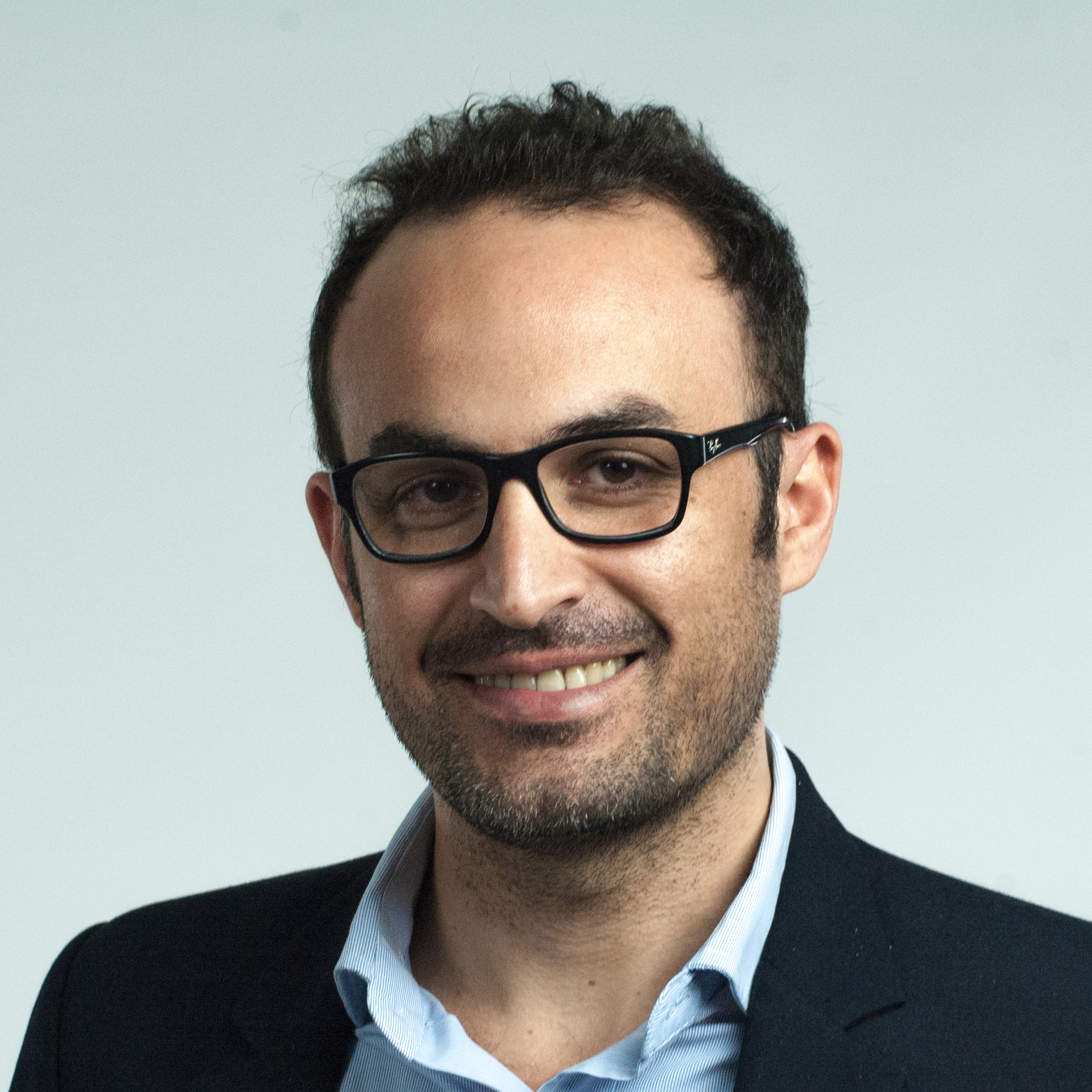
Pierluigi Leone, Politecnico di Torino
Teacher
Pierluigi Leone is Associate Professor at the Department of Energy of Politecnico di Torino in Italy where he teaches “Sustainable Energy”, “Thermal Design and Optimization”, “Global Energy Trends and Outlook”.
He is coordinator of the Massive Open Online Course – MOOC – “The strange paradox of the world energy question”. He was TEDx speaker at the
, on October, 2016. He is coordinator of the Task Force “Energy and Development” of Politecnico di Torino in collaboration with the Energy Center Initiative that is committed towards finding sustainable energy solutions for both urban and rural areas of developing countries.

Binbin Liu, Politecnico di Milano
Teacher
Binbin Liu is Assistant Professor at the Department of Mechanical Engineering of Politecnico di Milano. His scientific work is mainly carried out in the field of dynamics of mechanical systems with applications to rail vehicles, active control and condition monitoring. His work has been published in leading international journals.
He has experience in teaching on topics of Rail Vehicle Dynamics and Train-Track Interaction, Mechanical System Dynamics and Mechanical Design.
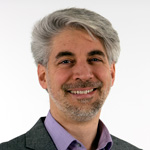
Marco Mellia, Politecnico di Torino
Teacher
Marco Mellia is Associate Professor in Telecommunications at the Electronics and Telecommunications Department of Politecnico di Torino. His research interests are in traffic monitoring and analysis, and in applications of Big Data and machine learning techniques for data analysis, with applications to Cybersecurity and network monitoring in general.
He has co-authored over 200 papers and holds 7 patents. He was awarded the IRTF Applied Networking Research Prize in 2013, and several best paper awards. He is the coordinator of the SmartData@PoliTO center, which focuses on Big Data and Data Science.

Fabio Riva, Politecnico di Milano
Teacher
Fabio Riva is Adjunct Professor in Sustainable Development, and Energy Researcher at the Department of Energy of Politecnico di Milano. He is also teaching assistant of the course Thermodynamics for the degree programme in energy and aerospace engineering at Politecnico di Milano.
His research mainly deals with System Dynamics-based modelling and energy optimization techniques applied to sustainable rural energy planning and energy demand evaluation for remote and rural areas of the world.
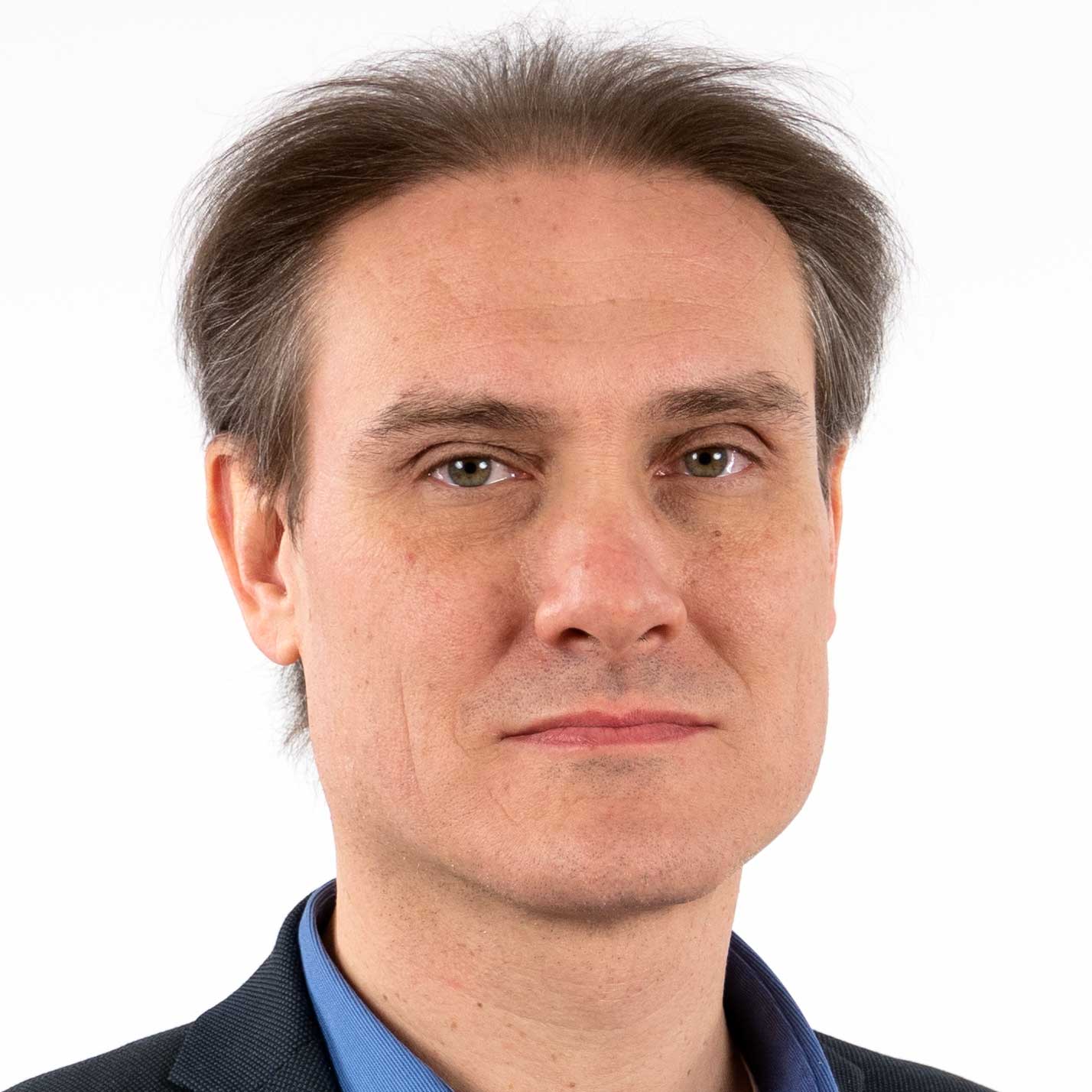
Edoardo Sabbioni, Politecnico di Milano
Teacher
Edoardo Sabbioni is Associate Professor in Applied Mechanics at the Mechanical Engineering Department of Politecnico di Milano. His research activity is mainly carried out in the field of stability, dynamics and control of mechanical systems, with applications to road and rail vehicles.
More in particular, he carried out numerical-experimental researches concerned with active safety of road vehicles, design of control systems to improve vehicle handling performance and ride comfort, electrification of vehicles, autonomous vehicles, vehicle-infrastructure interaction and “smart” tires technology. During his research activity, he cooperated and still cooperates with the main Italian automotive industries and he was involved in several Italian and European Community founded projects.
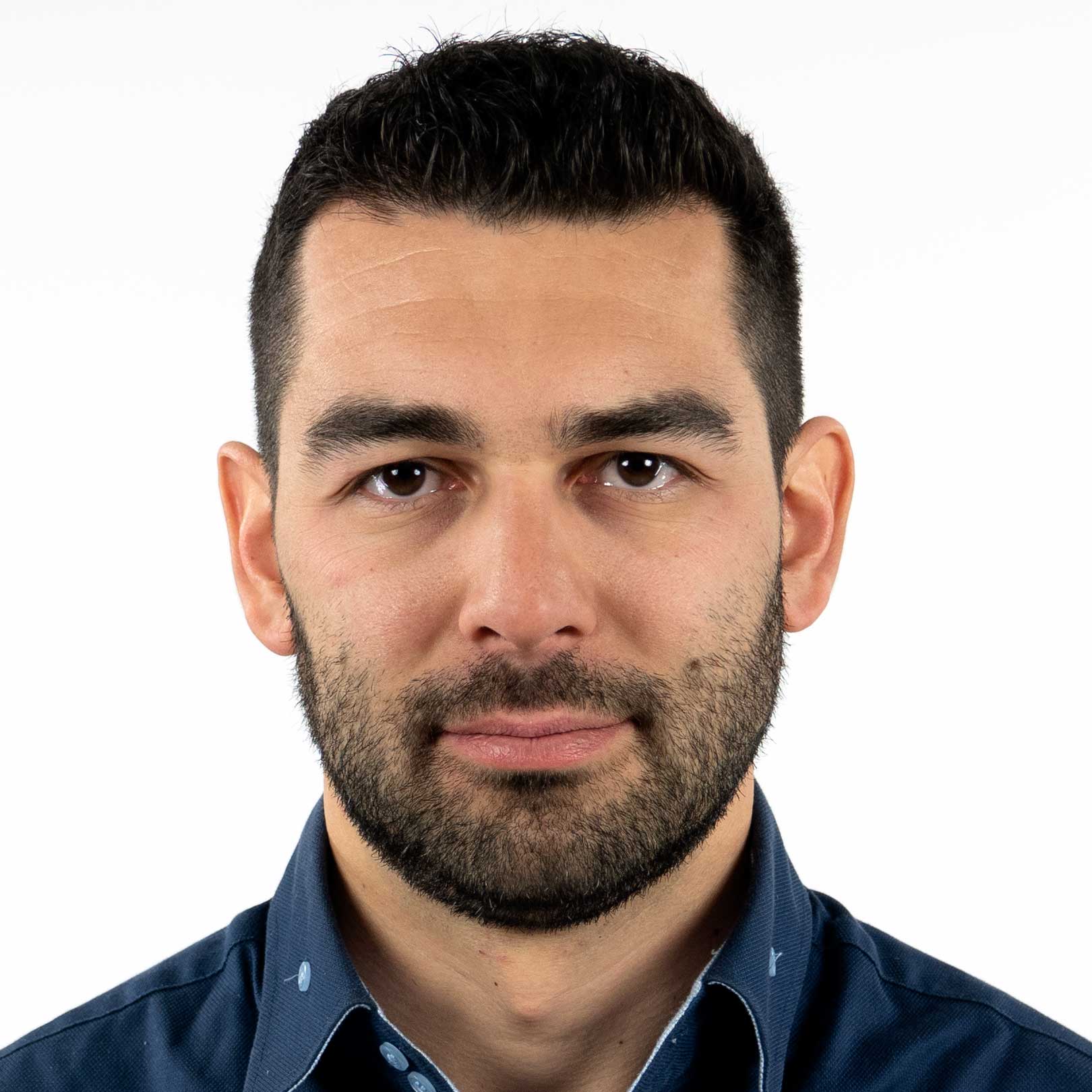
Michele Vignati, Politecnico di Milano
Teacher
Michele Vignati received his master degree (2013) and PhD (2017) in mechanical engineering in Mechanical Department of Politecnico di Milano. Here he is now postdoc in the research field of mechanical systems dynamics and control applied in the automotive field.
In particular, he focuses on active systems for electric vehicles and in autonomous driving. He is also teaching assistant for the courses on Control and Actuating Devices and Mechanical Systems Dynamics.
Contact details
If you have any enquiries about the course or if you need technical assistance please contact pok@polimi.it. For further information, see FAQ page.